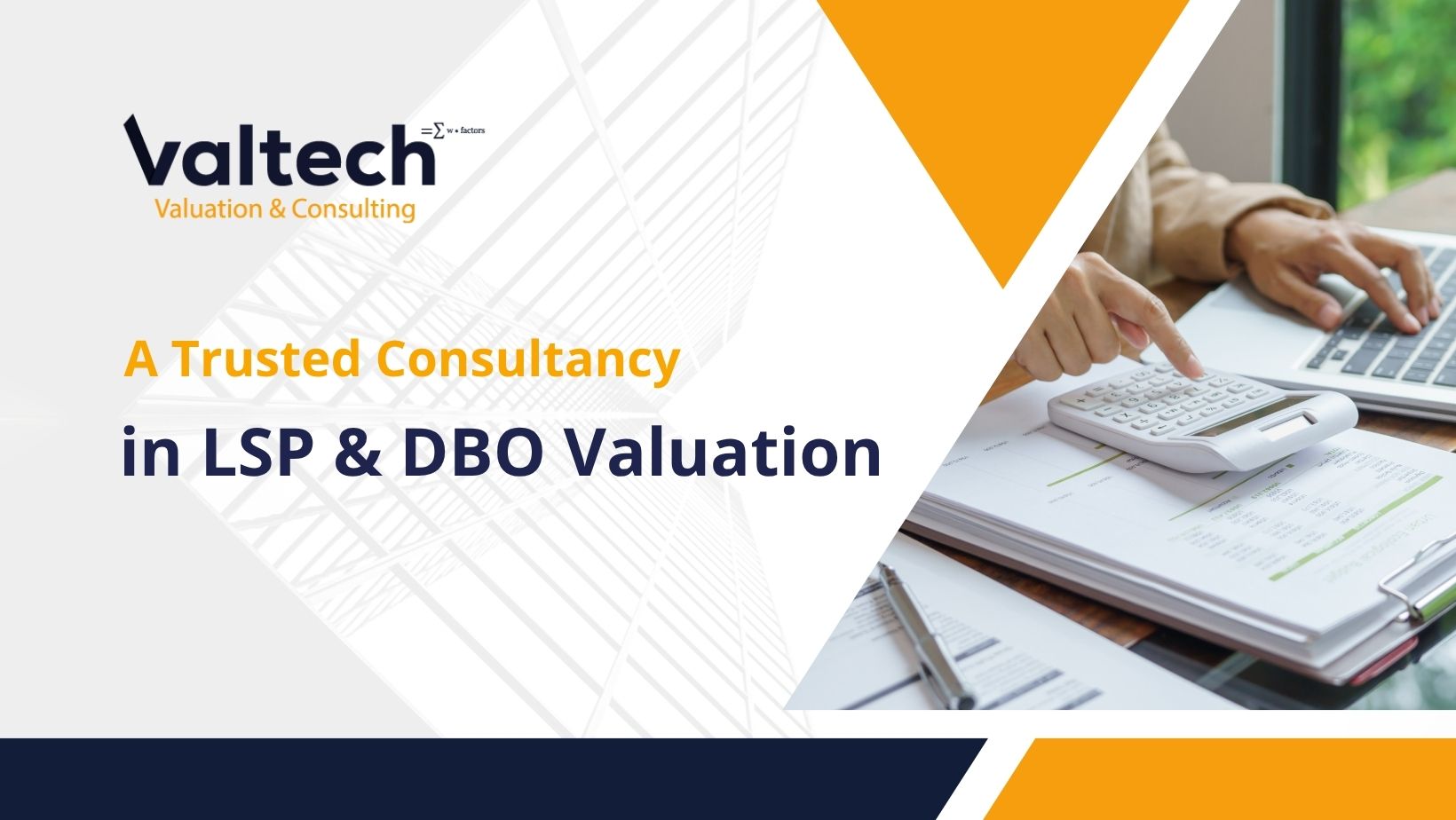The consulting industry encompasses firms that offer specialized advisory and consulting services in various areas, including management, information technology (IT), and human resources (HR).
Key Matters in Valuation
Valuation is needed when selling or acquiring consulting firms, determining the value of consulting contracts, assessing the expertise of consultants, and evaluating the diversity of service offerings. It helps in understanding the business’s market position and competitive advantage.
Why is Business Valuation Relevant?
Valuing a business in the Consulting industry, which includes Management Consulting, Information Technology (IT) Consulting, and Human Resources (HR) Consulting, involves specific considerations due to the nature of these services. Here are some key business needs and considerations when performing a business valuation in the Consulting industry:
Client Base and Client Relationships:
Assess the size and loyalty of the client base, including key client relationships and recurring revenue.
Consider the diversity of industries served and the mix of long-term and project-based clients.
Service Offerings and Specializations:
Analyze the range of consulting services offered, including strategy, technology, and HR consulting.
Evaluate the firm’s expertise in specific industries or niches.
Staff Qualifications and Expertise:
Assess the qualifications and experience of consultants, analysts, and support staff.
Consider the firm’s ability to attract and retain top talent and subject matter experts.
Project Portfolio and Contracts:
Review the firm’s project portfolio, including the type, size, and duration of consulting projects.
Evaluate the terms and conditions of client contracts and their potential impact on revenue.
Billing Rates and Fee Structures:
Analyze billing rates for consultants and fee structures used by the firm.
Assess the firm’s ability to maintain competitive pricing while preserving profit margins.
Technology and Tools:
Evaluate the use of technology and software to enhance consulting services and project management.
Consider investments in data analytics, digital transformation tools, and project collaboration platforms.
Client Retention and Acquisition:
Analyze client retention rates and strategies for acquiring new clients.
Consider the cost of client acquisition and the lifetime value of clients.
Market Competition and Differentiation:
Analyze the competitive landscape within the Consulting industry.
Assess the firm’s market positioning, reputation, and strategies for differentiation.
Regulatory Compliance and Ethical Standards:
Ensure compliance with industry-specific regulations and ethical guidelines.
Assess any legal or regulatory risks that may impact the valuation.
Financial Performance:
– Analyze financial statements, including revenue, profit margins, and cash flow.
– Consider key financial metrics such as profitability per consultant and utilization rates.
Strategic Alliances and Partnerships:
– Evaluate strategic alliances or partnerships with technology providers, industry associations, or other consulting firms.
– Assess the potential for cross-selling services or accessing new markets.
Discount Rate and Risk Assessment:
– Calculate an appropriate discount rate for the valuation, taking into account industry-specific risks, such as project variability and competition.
– Perform a risk assessment, considering factors like economic conditions and technological disruption.
Sensitivity Analysis:
– Perform sensitivity analysis to understand how changes in key assumptions, such as client retention rates or project pipelines, can impact the valuation.
Future Growth Opportunities:
– Identify potential growth opportunities, such as expanding service offerings, entering new geographic markets, or targeting emerging industries.
Mergers and Acquisitions (M&A) Strategy:
– Consider the firm’s M&A strategy, including the potential for acquiring or merging with other consulting firms.
– Assess the integration plan and the expected synergies.
Valuing a business in the Consulting industry requires expertise in consulting practices, industry knowledge, and an understanding of client relationships and project dynamics. Engaging experienced valuation professionals with knowledge of the sector’s complexities is essential to ensure an accurate assessment of the firm’s value. Additionally, staying informed about consulting industry trends, emerging technologies, and changes in client expectations is crucial for making informed valuation decisions in this rapidly evolving field.





